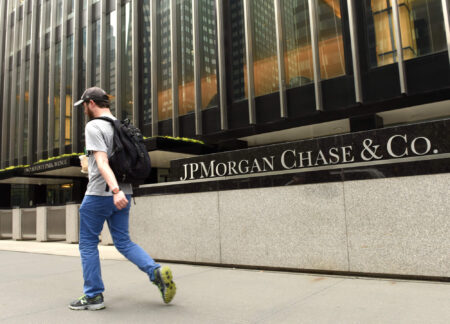Finance ministers and central bank governors from the G20 nations spoke about the need for cross-border cooperation and stablecoin regulation at a recent meeting. With the growing potential and adoption of cryptocurrencies, the crypto sector is also becoming increasingly important for the G20.
Governmental figures from the G20 nations confirmed an often touted action for the crypto market, saying that cross-border coordination and stablecoin regulation was necessary. The G20 meeting took place in Indonesia on Jul. 15–16, and central bank heads and finance ministers doubled down on the need to cooperate, something that has become a major talking point in recent months.
China is helping to shape the legal framework
The meeting covered topics relevant to the current geopolitical climate, including the aftermath of the pandemic, the war in Ukraine, supply chain food and energy issues, and the high rates of inflation. Among the present at the meeting was Yi Gang, President of the People’s Bank of China, who said that China would be closely involved in a transformational financial policy framework. China is keen on making its own central bank digital currency (CBDC), the digital yuan, a key part of its economy.
Gang also said that the country’s economy is facing certain downward economic pressure. China experienced its slow economic growth of a quarter in Q2 2022, growing by 0.4%. Like many other countries, it too is grappling with the aftermath of the pandemic.
Crypto gets more attention from lawmakers
The crypto market is now well and truly in the mainstream, with both retail investors and financial institutions expressing keen interest in the asset class. Some countries, like El Salvador and the Central African Republic, have even worked it into their economies. The growing impact of crypto has spurred lawmakers into acting quickly. Stablecoins and the launch of CBDCs have become key parts of agendas. Many officials, including those from the U.S. Treasury, have spoken on this matter.
Australian central bank governor Phillip Lowe even went so far as to say that he prefers regulated private tokens over CBDCs. This is not the position that most central bank governors take, with a recent Bank for International Settlements survey revealing that 90% of central banks were considering CBDCs.








